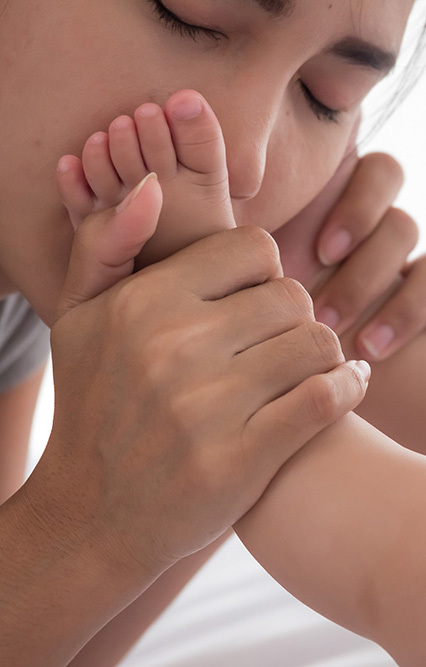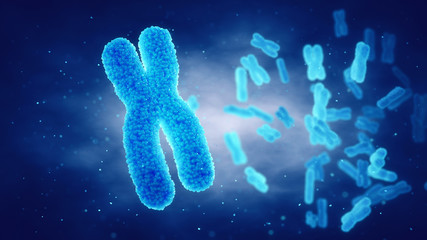Female-Infertility

What are the causes of female infertility?
Here are some common causes of female infertility.

Genetic Disorders:
Polycystic Ovary Syndrome:
Erectile Dysfunction:
Fallopian Tube Obstruction:
Uterine Anomalies:
Premature Ovarian Failure


Lifestyle Habits:
Diabetes:
Hormonal Imbalance:

Genetic Disorders:
These include the inborn disorders that a woman may carry from congenital. Turner syndrome, Fragile X syndrome carrier, etc., are examples of genetic disorders that may prevent you from getting pregnant.

Polycystic Ovary Syndrome:
Women who are dealing with polycystic ovary syndrome or PCOS may find it difficult to conceive normally without treatment. PCOS is a type of hormonal imbalance that mostly begins at the puberty stage.
Symptoms of PCOS include obesity, irregular or absent menstrual cycle, reduced frequency or total scarcity of ovulation, masculine hair growth and persistent acne problems. Hence, this can result in infertility problems.

Endometriosis:
There is an inner lining in the uterus called endometrium that sheds through the female vagina during this period. Endometriosis is a condition where the endometrium fragments develop in other places like ovaries, fallopian tubes, intestine or vagina that can impair the fallopian tubes or ovaries and result in fertility issues. It usually occurs in women aged between 25 and 40 and may even persist after menopause.

Fallopian Tube Obstruction:
One of the most common infertility causes is a pelvic inflammatory disease that impacts tubal obstruction. This usually is a result of gonorrhoea and chlamydia.

Uterine Anomalies:
There can be an underlying uterine polyp and fibroid that obstruct you from getting pregnant. Uterine polyps occur when there are more cells rising in the endometrium. Fibroids, on the other hand, develop in the uterus wall.

Premature Ovarian Failure
Premature ovarian failure happens when your ovaries end their work before reaching 40 years. It is a result of early menopause.

Lifestyle Habits:
Unhealthy lifestyle habits are a growing factor that leads to female infertility. Consumption of drugs, marijuana, excess alcohol, smoking tobacco, etc. decreases. the quantity and quality of eggs and hormonal anomalies. Besides, stress and poor diet can also cause infertility in women.

Diabetes:
Diabetes is a common cause of fertility problems. It can affect women as they produce higher glucose levels. There are three types of diabetes- Type 1 diabetes, Type 2 and gestational diabetes.

Hormonal Imbalance:
Women whose body isn’t working through the normal hormonal changes can lead to the scarcity in the production of eggs and its release from ovaries. The thickening of the uterus line can prevent and release.
